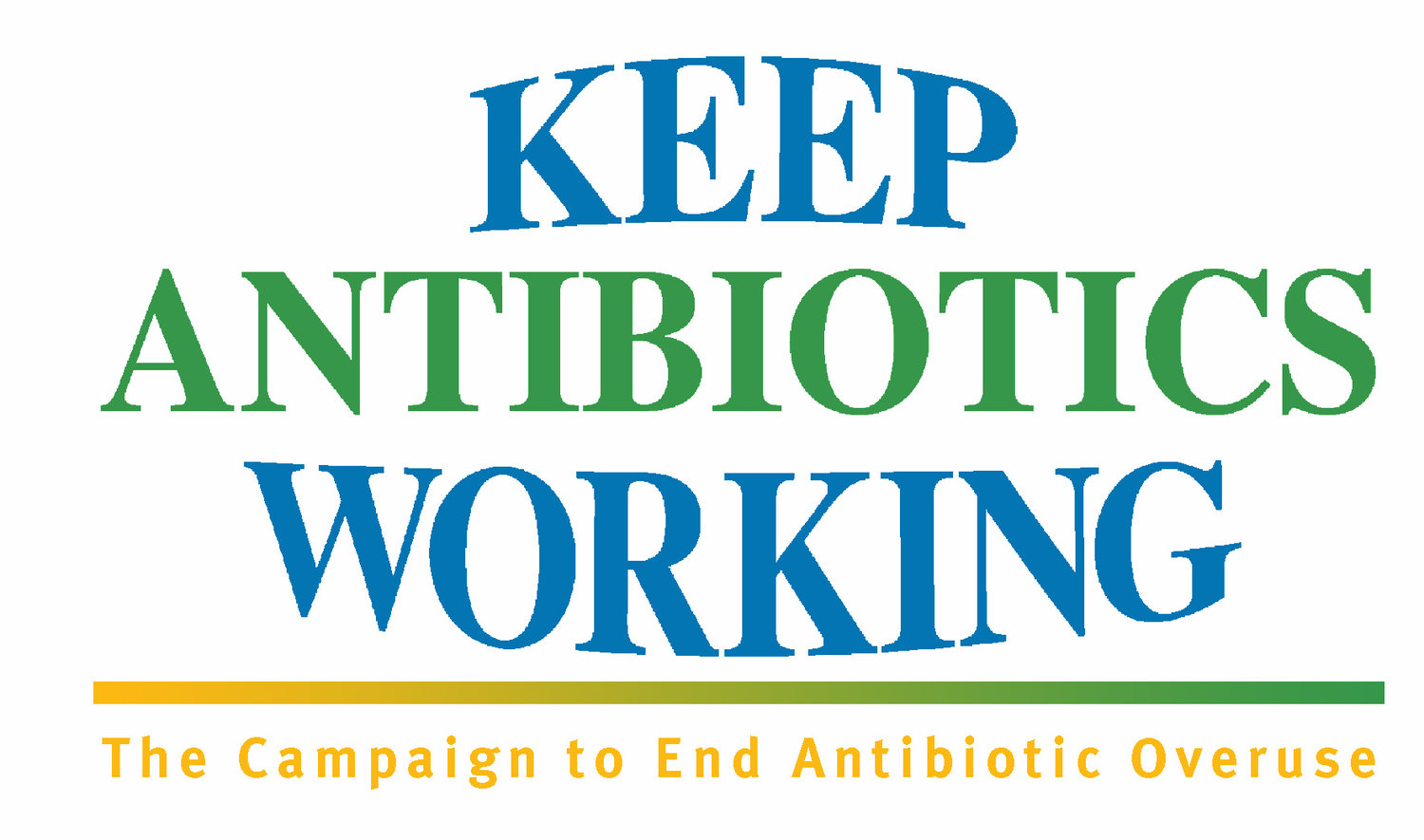
Our Victories and Accomplishments
Through our collaborative model, our coalition members have enacted sizable change in the way that food is produced from farm animals in the United States.
2023: The U.S. FDA transitioned the remaining medically important antibiotics from Over-The-Counter (OTC) to prescription.
2019: 92% of U.S. chickens are raised in programs limiting the use of medically important antibiotics to disease treatment. Read more about it here and on our blog.
2018: 18 of the top 25 fast food chains have adopted policies restricting antibiotic use by their suppliers. See Chain Reaction report.
2017: Medically important antibiotics can no longer be used for growth promotion and require a veterinarian’s order before use in food or water for farm animals.
2015: The Food and Drug Administration maintained a federal requirement that a veterinarian be familiar with the farm and animals in question before writing an order for drugs to be used in feed.
2012: The Food and Drug Administration restricted the use of the critically important class of cephalosporins antibiotics due to the risk of superbugs.
2008: The United States Congress started requiring the Food and Drug Administration to collect data from drug makers and report to the public the amount of antibiotics sold for farm animal use.
2006: A Food and Drug Administration advisory board recommended that the Food and Drug Administration not approve the critically important drug cefquinome for use in food animals since there were other safer drugs available and overuse created a superbug risk.
2005: The Food and Drug Administration banned the use of the critically important antibiotic enrofloxacin in poultry because overuse could create superbugs. As a result, resistance to fluoroquinolones in foodborne pathogens in U.S. chickens is much lower than in countries where the drug is still used.
2003: New food animal antibiotics were required to be evaluated for the risk of superbugs before approval under the newly implemented Food and Drug Administration Guidance #152.
